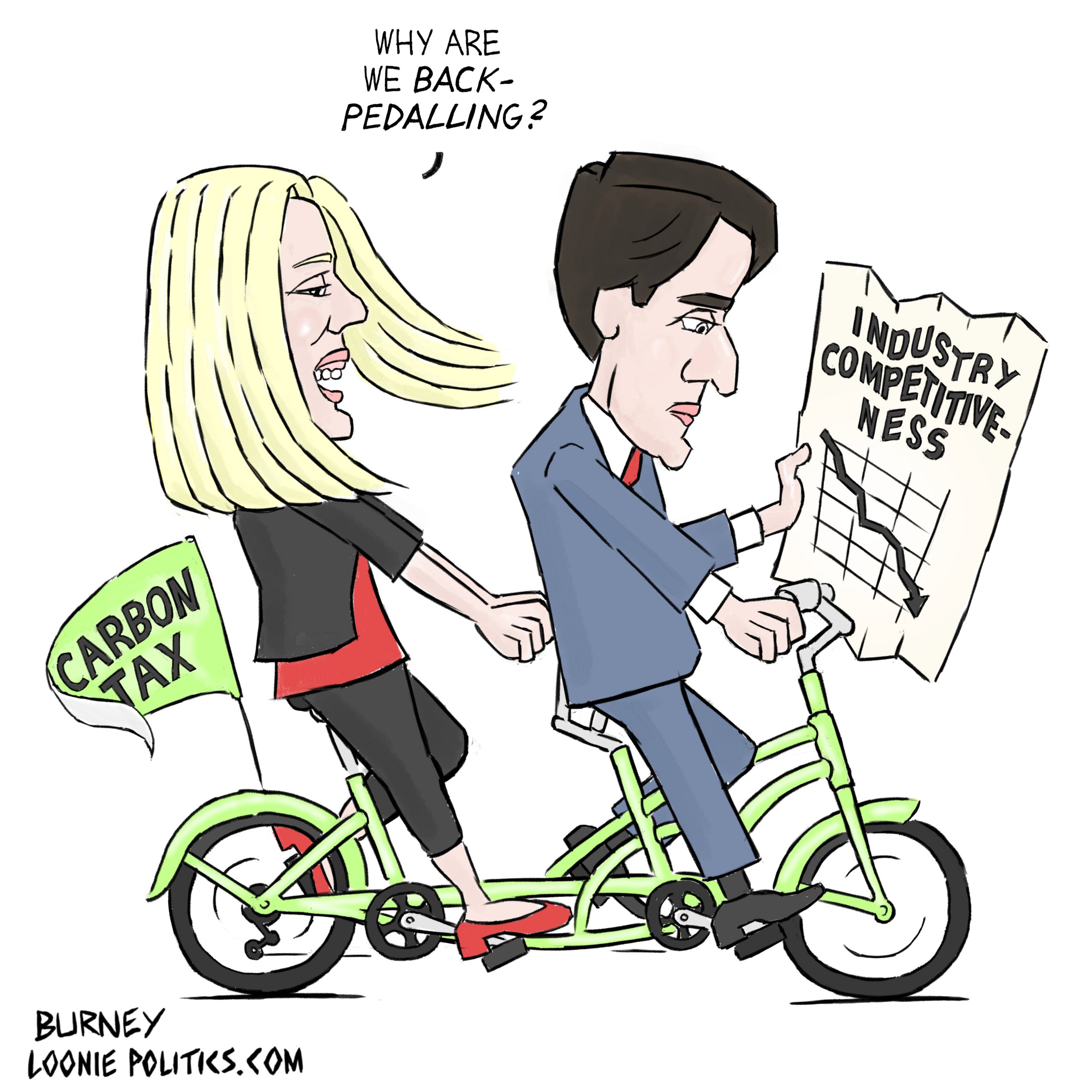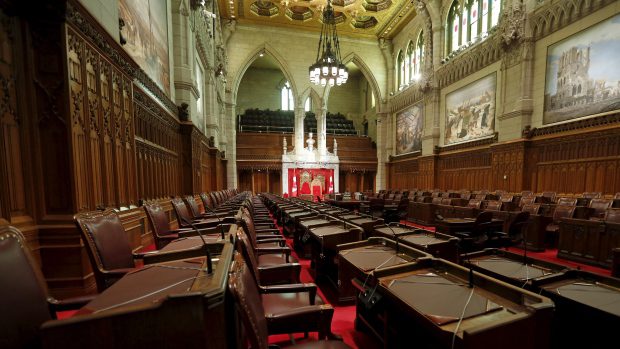If you want a lesson on how political communication strategies work, then check out the federal Liberal government's current campaign to sell its controversial carbon tax.
Oops, did I say "carbon tax"?; of course, I meant to say the government's controversial "price on pollution."
And yeah, you don't need a Master's degree in political science to see why the Liberals are calling their plan to hike the cost of gasoline a "price on pollution", instead of a tax.
Smart politicians that they are, the Liberals understand that voters, as a rule, are reluctant to vote for a party that's pushing for higher taxes, unless those higher taxes will be imposed exclusively on the "rich."
Hence, they came up with "price on pollution, which I'm sure are carefully chosen words.
In fact, I bet the Liberals held a series of focus groups which went something like this:
Pollster: So what if I said the government was going to tax carbon?
Focus Group Attendee: I hate the idea of a tax!
Pollster: OK, what if the government planned to put a price on carbon?
Focus Group attendee: If by "carbon" you mean gasoline, than I still hate the idea!
Pollster: Fine, what about if the government put a "price on pollution."
Focus Group attendee: Yeah that's better, I hate pollution.
And thus a Liberal communication strategy was born.
Mind you, the whole idea of putting a price on pollution is kind of silly since no one actually "buys" it.
At least, I've never seen anyone walk into a convenience store and say something like, "I'll take a pack of gum, a couple of chocolate bars and … oh yeah, three quarts of pollution."
Yet that doesn't matter.
All that matters is the Liberals are hoping this clever word usage will help them claim the higher moral ground when it comes to debating their energy policy.
Now, they can say anyone who opposes their plan to increase gas prices is "pro-pollution."
I did something similar many years ago when I was creating a media campaign for the National Citizens Coalition to oppose a federal government plan to impose restrictions on how much money independent organizations (such as the NCC) could spend on political advertising during elections.
In an effort to win the "word war" I called this attempt to muzzle free speech an "election gag law."
Sounds sinister, doesn't it?
Anyway, by using those strategically chosen words, I wanted to put proponents of the gag law on the verbal defensive.
And what helped my plan immeasurably, was that the media adopted the "gag law" terminology.
Headlines appeared such as, "Gag law heading to court" or "Groups steps up efforts to oppose gag law."
I suspect this is what the Liberals are hoping will happen for them.
In other words, they want the media to start talking in reports and articles and columns about the Liberal government's plan to put a "price on pollution."
Yet, it seems to me one problem the Liberals will face in this regard is that "price on pollution" might be just a little bit too cute.
What I mean is "price on pollution" is such an obvious euphemism for "gas tax" that it actually draws attention to itself.
It's like when a bald guy does the "comb over" hairstyle hoping it will hide his baldness, when it actually does the opposite.
My point is, given that people are already cynical when it comes to politicians, they're likely to say to themselves, "Oh yeah, a price on pollution, is just a nice way of saying, it's going to cost a small fortune to fill up my gas tank."
Plus the Conservatives and the conservative-leaning media will do everything they can to fan the flames of voter cynicism.
So bottom line: I'm not sure "price on pollution" will work for the Liberals.
To paraphrase William Shakespeare, "A tax by any other name, would still stink."
Photo Credit: Jeff Burney, Loonie Politics








